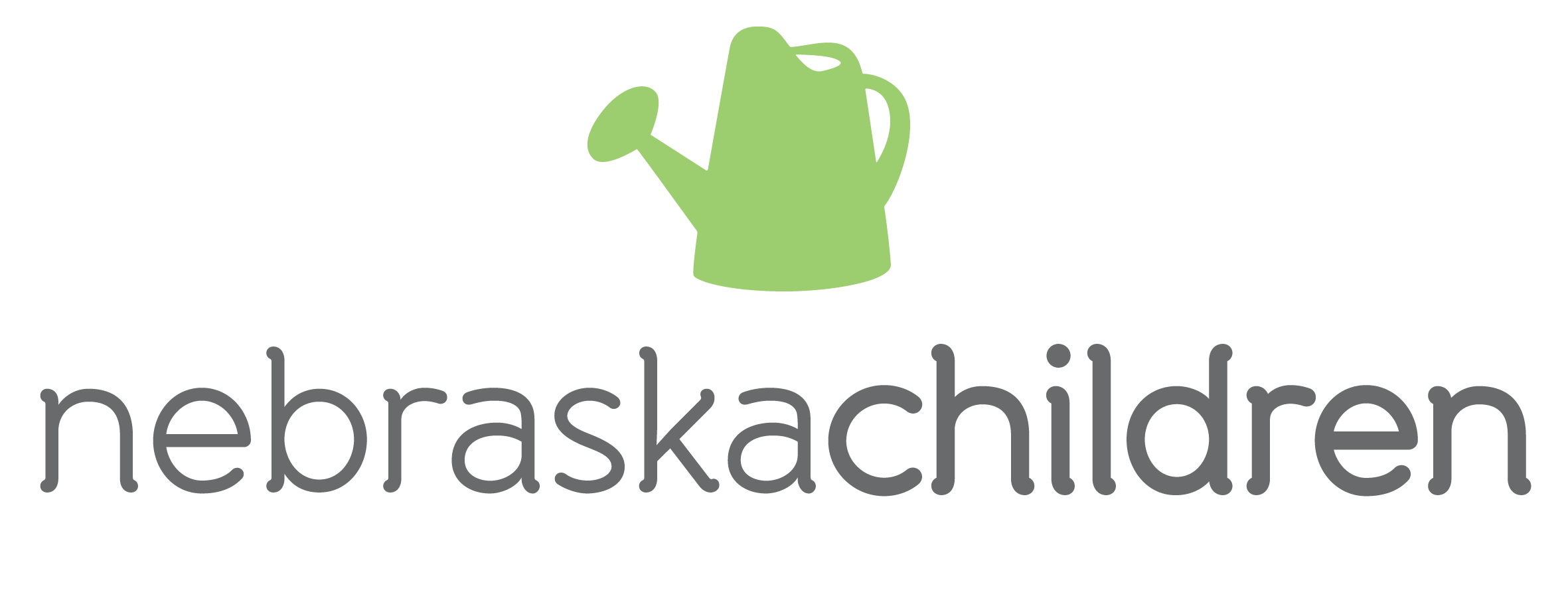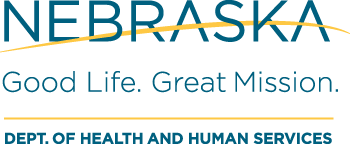Social Connections

Parents with a network of emotionally supportive friends, family, and neighbors often find that it is easier to care for their children and themselves. Most parents need people they can call on once in a while when they need a sympathetic listener, advice, or concrete support such as transportation or occasional child care. In other words, a positive community environment—and the parent’s ability to participate effectively in his or her community—is an important protective factor. On the other hand, research has shown that parents who are isolated and have few social connections are at higher risk for child abuse and neglect. Social connections support children in multiple ways. A parent’s positive relationships give children access to other caring adults, a relationship-level protective factor that may include extended family members, mentors, or other members of the family’s community. Parents’ social interactions also model important relational skills for children and increase the likelihood that children will benefit from involvement in positive activities (individual-level factors). As children grow older, positive friendships and support from peers provide another important source of social connection. Being new to a community, recently divorced, or a first-time parent makes a support network even more important. It may require extra effort for these families to build the new relationships they need. Some parents may need to develop self-confidence and social skills to expand their social networks. In the meantime, social connections also can come from other caring adults such as service providers, teachers, or advocates. Helping parents identify resources and/or providing opportunities for them to make connections within their neighborhoods or communities may encourage isolated parents to reach out. Often, opportunities exist within faith-based organizations, schools, hospitals, community centers, and other places where support groups or social groups meet.





